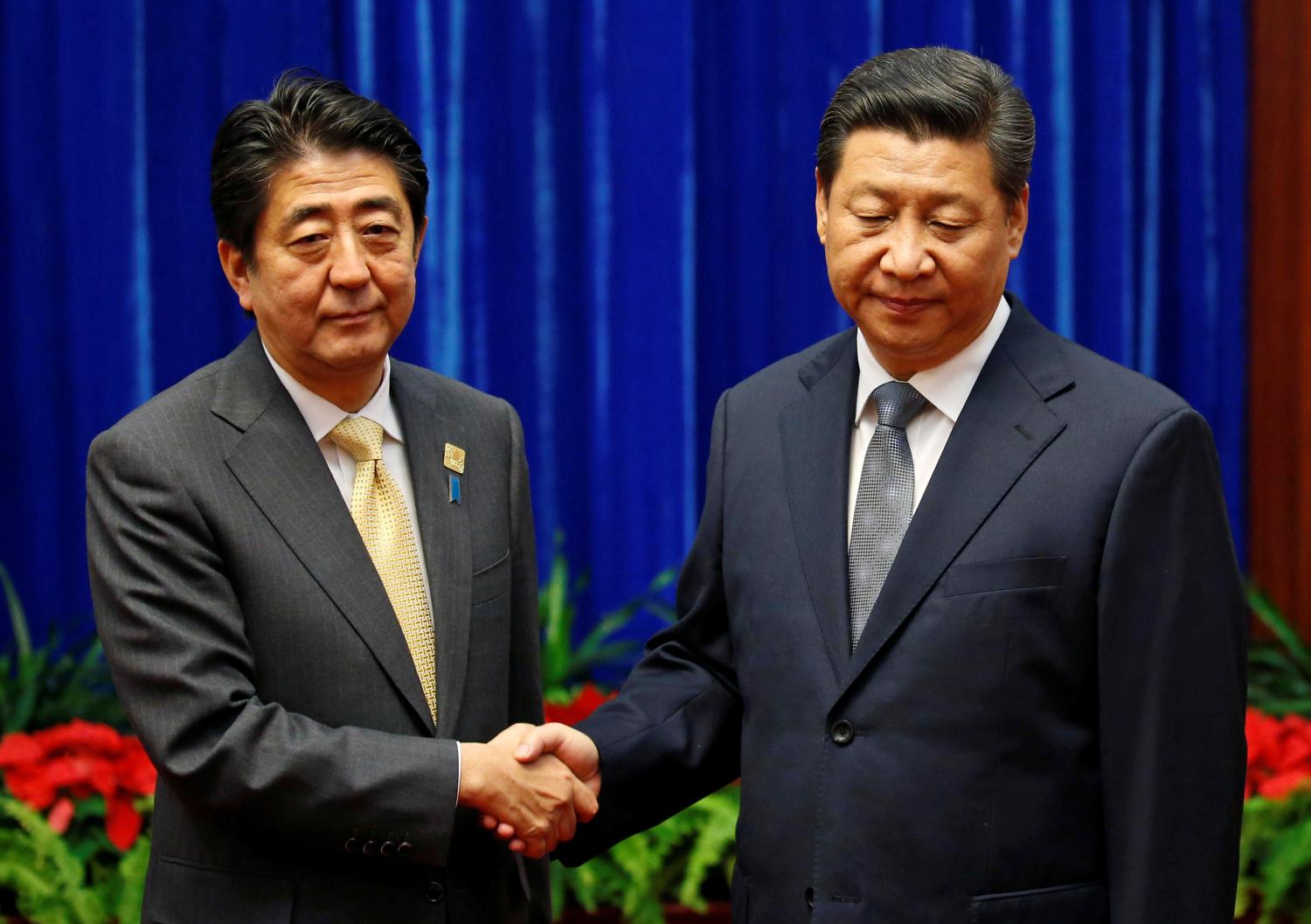INTRODUCTION
The first global oil crisis, in 1973, attracted people’s attention to energy supply shocks. This crisis caused huge economic losses for many oil importing economies and generated political instability at a global level. The International Energy Agency (IEA) was formed after the first oil crisis and formally defined the concept of energy security based on oil supply and oil price. Over the past several decades, the world has changed dramatically with respect to social tension, political power, and financial landscape. The rapid rise of emerging markets, growing dependence on energy resources, and dramatically fluctuating energy resource prices have caused renewed concern about energy security and caused some rethinking about previous understandings.
In China, energy security has been categorized as a domestic economic development issue rather than a part of foreign policy for several decades, except for rare strategic issues such as the location of pipelines in Central Asia or border disputes related to energy resources. Coal, which is abundant in China, has been the dominant energy resource in domestic consumption for several decades, and before the 1990s there was weak economic development and relatively lower demand for. Though China’s oil self-sufficiency ended in 1993 when it was forced to begin importing oil to meet domestic demand, China did not realize the urgency and importance of energy security until the late 1990s. China’s energy consumption reached a record high in recent years due to China’s rapid economic development, expanding middle class population, motorization, and urbanization. China became the world’s second largest consumer of oil after the United States and the third largest net importer of oil in 2008.[1]
Currently China depends on foreign imports for over fifty percent of the oil it consumes, and half of this imported oil is from the Middle East. China has many reasons to worry about its energy security: with 16 billion barrels of domestic proved reserves[2] – only 1.2 percent of world total reserves – an R/P ratio[3] of 11.1 in the domestic market,[4] lack of a sufficient Strategic Petroleum Reserve (SPR), severe pollution conditions and environmental problems, dramatic fluctuation of global energy prices and rising domestic energy prices, and severe shortages of electricity and water. Facing these immense pressures and challenges, China’s national oil companies (NOCs) began to fill short-run gaps in domestic demand from the global energy market in 1997, reaching a peak after 2001 when China acceded to the WTO. As newcomers in the international energy market, the NOCs have had to learn by doing and have had many setbacks in their mergers and acquisitions of foreign energy assets in recent years. Yet there is no consensus on what should be done to reduce the oil dependence. The challenges facing the Chinese government are to better manage its dependence on oil and to define a sustainable energy security path, rather than to simply pursue “oil independence.”
Counter-intuitively, the global financial downturn has increased China’s demand for imported energy resources and outward foreign direct investment (OFDI) in the energy sector. With the financial crisis accelerating China’s quest for oil and other energy resources in the international market, the IEA has predicted that China’s dependence on foreign energy will increase to over 60-70 percent of its total consumption in 2015. Such forecasts raise questions of whether China’s growth is economically, socially, and politically sustainable, and whether China’s energy demand will crowd out other countries’ energy needs and exhaust global energy resources. Such trends demonstrate the urgent need for China to solve its energy security challenge. As a major energy consumer in an integrated world in which domestic policies are inseparable from foreign policies, China’s energy security policy will have significant impact at the global level. With a lack of continuous attention and clear strategy to energy policy undercutting China’s foreign policy and economic security, integrating energy security issues with other aspects of China’s foreign policy remains a challenge for Beijing.
[1] “China,” Country Analysis Briefs, Energy Information Administration, November 2010, http://www.eia.doe.gov/emeu/cabs/China/Oil.html.
[2] Ibid.
[3] Reserves to Production ratio: if the reserves remaining at the end of any year are divided by the production in that year, the result is the length of time that those remaining reserves would last if production were to continue at that rate.
[4] BP Statistical Review of World Energy, June 2009.
The Brookings Institution is committed to quality, independence, and impact.
We are supported by a diverse array of funders. In line with our values and policies, each Brookings publication represents the sole views of its author(s).



